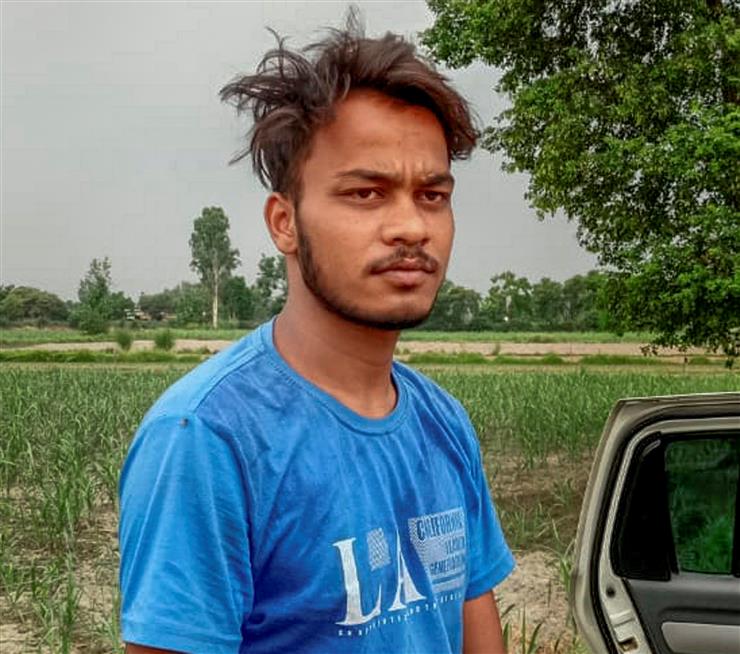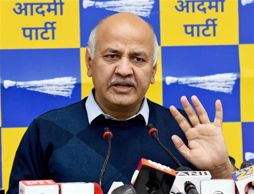
Photo for representational purpose only. - File photo
THE horrendous fatal attack on a 16-year-old girl, carried out in full public view in Delhi’s Shahbad Dairy area, is shocking. It has also raised hugely disturbing questions about toxic masculinity and all-pervasive callousness. As she was being repeatedly stabbed and bludgeoned by a 20-year-old, apparently her boyfriend, not one of the several bystanders and pedestrians intervened or alerted the police. People getting scared and running away from the scene of the crime is understandable, but the shocking video footage of the crime scene shows them casually passing by. Not one individual came to the victim’s rescue. Not one raised the alarm.
According to the police, the girl could have been saved if someone had stepped forward to stop the killer. The swift arrest of the accused will bring little solace to the victim’s family. His absolute lack of remorse is acutely shocking. But what about the people looking the other way when a gory murder was being committed right in front of their eyes? What does it say about the national capital and the safety of its women residents? Is it that normalisation of violence has led to a situation where Delhi’s people just don’t care? This, ironically, played out in a setting where it is common to see a crowd gather within seconds to offer help to an accident victim.
The Delhi murder is a chilling reminder of the deep-rooted patriarchal mores, as exhibited by the killer. Now is not the time for a political blame game over the deteriorating law and order situation. The incident must trigger serious reflection and debate on the appalling public behaviour. Civil society, the police and political activists, all need to come together to address the issue
Join Whatsapp Channel of The Tribune for latest updates.



























